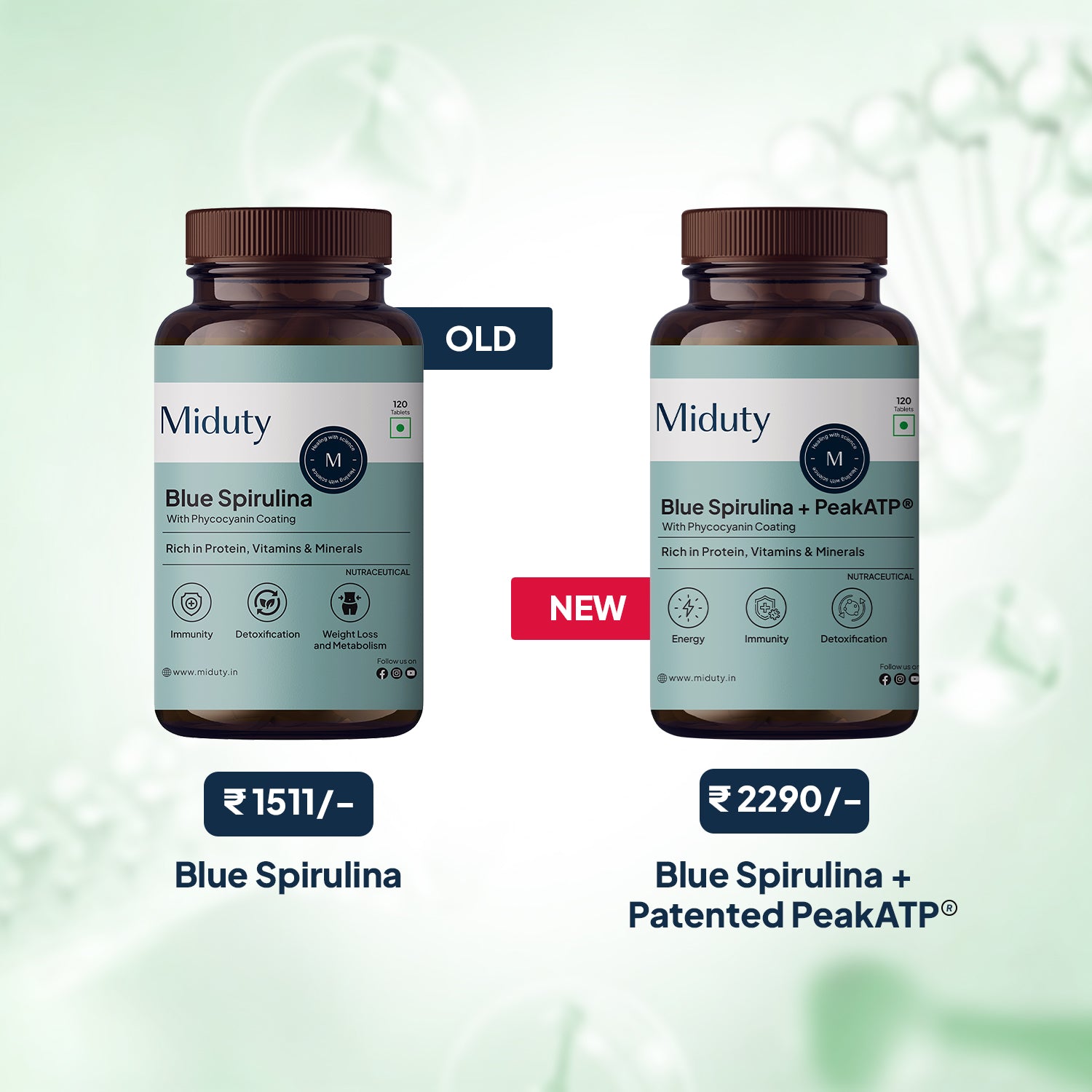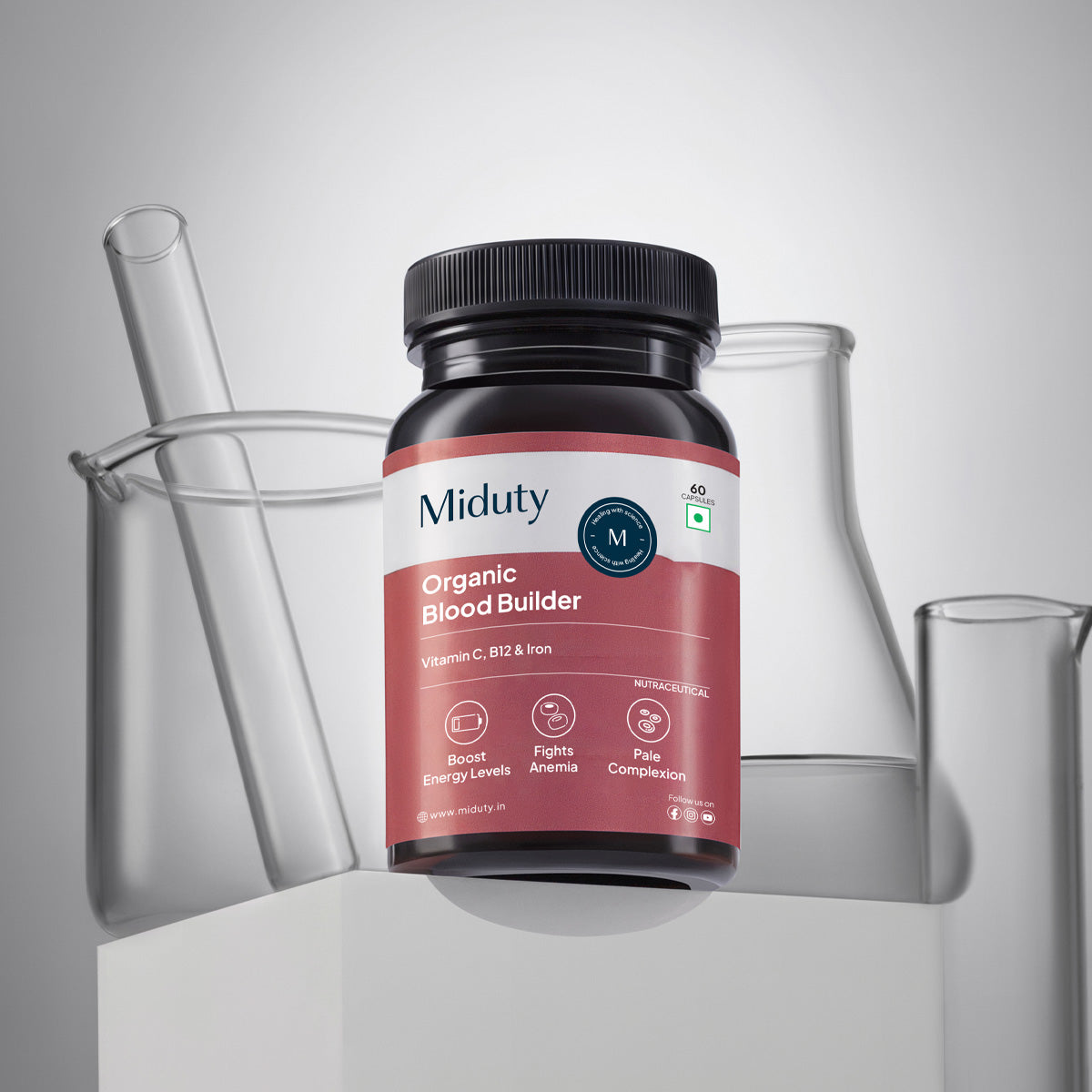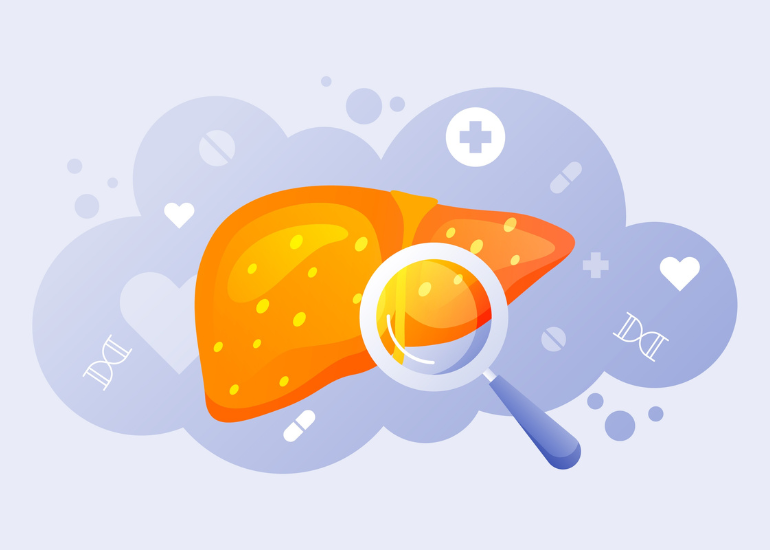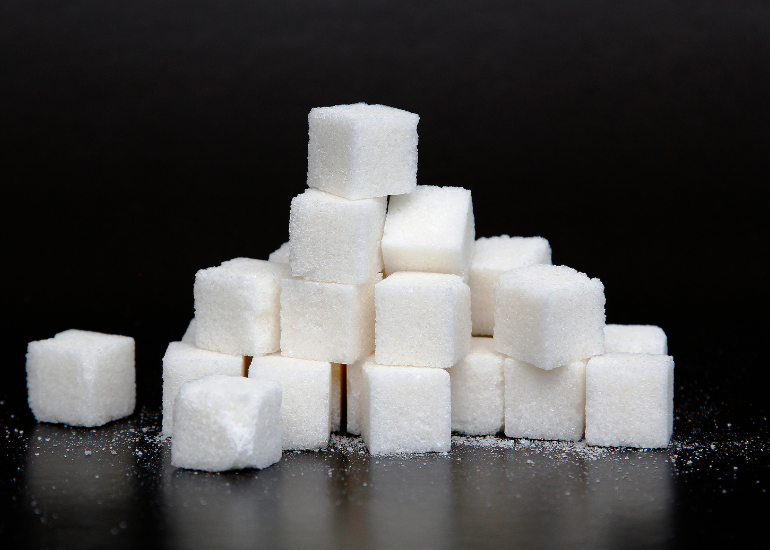
Top 6 Energy Boosting Foods for Better Strength & Focus
Some mornings you wake up fully refreshed, but on other days—even with enough sleep—you feel like you're dragging yourself through the day. Modern life is filled with stress, packed schedules, long screen time hours, and often irregular eating habits. All these factors drain your energy and affect your focus, motivation, and overall performance.
The positive side? Your diet can dramatically influence how energized and mentally sharp you feel. Food is not just fuel—it's the foundation of your daily energy, strength, and cognitive function. Understanding what energy-boosting foods are and why you need them can help you make better choices that keep you powered throughout the day.
Key Takeaways
1. Energy-boosting foods provide steady, long-lasting fuel by offering complex carbs, healthy fats, and high-quality protein—helping you avoid sugar crashes and stay focused throughout the day.
2. These foods support brain function, stable blood sugar, physical strength, mood, and productivity, ensuring better mental clarity, endurance, and balanced energy levels.
3. Millets, bananas, nuts & seeds, eggs, Greek yogurt, and dark chocolate are among the most effective natural foods for boosting daily energy, strength, and cognitive performance.
4. Consistency is key—incorporating these foods into meals regularly, staying hydrated, and avoiding processed foods helps you maximize their benefits.
5. Supplements can offer additional support, with ingredients like blue spirulina and Peak ATP enhancing cellular energy, endurance, and overall vitality when combined with a nutritious diet.
What Are Energy-Boosting Foods?
Energy-boosting foods are foods that supply steady, long-lasting energy instead of quick bursts followed by crashes. They are rich in nutrients that support your body's natural energy production system.
These foods typically contain:
- Complex carbohydrates for slow, sustained energy
- Healthy fats that nourish the brain and provide long-term fuel
- High-quality protein that stabilizes blood sugar and supports muscle repair
- Vitamins & minerals (like B vitamins, magnesium, iron) essential for metabolism
-
Antioxidants that help reduce fatigue and inflammation
Unlike processed snacks or sugary drinks that spike blood sugar, energy-boosting foods digest slowly, helping you stay full, alert, and focused for hours.
Why Do You Need Energy Boosting Foods?
Your body uses energy for every single function—from thinking and moving to breathing and resting. When your diet lacks nutrient-dense foods, your energy levels drop, your mood declines, and your productivity suffers.
1. For Better Brain Function
The brain needs a constant supply of glucose and nutrients. Eating the right foods enhances concentration, memory, and mental clarity. A well-fueled brain processes information faster and helps you stay mentally sharp throughout the day.
2. To Maintain Stable Blood Sugar
Fluctuating blood sugar levels cause fatigue, irritability, and cravings. Energy-boosting foods keep these levels stable. Stable blood sugar prevents sudden energy crashes and supports a more balanced, consistent mood.
3. To Increase Physical Strength
Muscles require protein, minerals, and healthy carbohydrates to perform efficiently and recover faster. Consuming strength-supporting foods helps reduce muscle soreness and boosts overall physical endurance.
4. To Improve Mood and Reduce Fatigue
Nutrient-rich foods support the production of mood-boosting hormones and reduce inflammation-related tiredness. This leads to a calmer, more positive state of mind and greater resilience against daily stress.
5. To Support Overall Productivity
Steady energy means better focus, better performance, and better stamina throughout the entire day. With consistent energy levels, you can complete tasks more efficiently without feeling drained or overwhelmed.
Now, let's look at the top 6 energy-boosting foods that can help improve your strength, focus, and daily performance.
Top 6 Energy Boosting Foods
1. Millets
Millets are one of the most powerful energy-boosting foods and are commonly recommended because of their incredible nutritional profile. They are rich in complex carbohydrates, fiber, B vitamins, and essential minerals like magnesium and iron—making them perfect for long-lasting fuel. [1]
Why millets boost energy:
- Slow-digesting carbs provide steady energy
- High fiber keeps you full and prevents energy crashes
- B vitamins support metabolic processes
- Magnesium reduces fatigue and supports muscle function
How to eat them: Enjoy millets in porridge, dosas, rotis, salads, or as a rice replacement.
2. Bananas
Bananas are one of the simplest and most effective quick-energy foods. They are packed with natural sugars, fiber, and potassium—making them ideal before workouts or during midday slumps.
Why bananas boost energy:
- Natural sugars provide instant yet stable energy
- Potassium supports nerve and muscle function
- Vitamin B6 helps convert food into usable energy
- Fiber slows sugar release for sustained focus
How to eat them: Eat plain, blend into smoothies, or pair with nut butter for a more filling snack.
3. Nuts & Seeds
Almonds, walnuts, cashews, flaxseeds, chia seeds, and pumpkin seeds are nutrient-dense and provide a balance of healthy fats, protein, and minerals. [2]
Why nuts & seeds boost energy:
- Healthy fats provide slow, steady fuel
- Protein stabilizes blood sugar
- Magnesium reduces tiredness
- Omega-3 fatty acids support brain clarity
How to eat them: Add to salads, oatmeal, yogurt, smoothies, or simply grab a handful as a snack.
4. Eggs
Eggs are one of the best sources of high-quality protein and contain essential nutrients like choline, which enhances brain function and focus.
Why eggs boost energy:
- High-quality protein prevents energy dips
- Choline improves memory and concentration
- B vitamins support metabolism
- Keep you full and energized for longer
How to eat them: Boiled, scrambled, poached, omelets—whatever you prefer.
5. Greek Yogurt
Greek yogurt offers a powerful combination of protein and probiotics, making it a great food for energy, digestion, and overall vitality.
Why Greek yogurt boosts energy:
- High protein supports sustained fuel release
- Probiotics improve digestion and nutrient absorption
- Contains B12 for optimal metabolic function
- Keeps hunger (and cravings) under control
How to enjoy it: Top with fruits, nuts, and honey for a balanced snack.
6. Dark Chocolate
When eaten in moderation, dark chocolate is a fantastic energy-enhancing treat. With at least 70% cocoa, it offers natural stimulants and antioxidants.
Why dark chocolate boosts energy:
- Contains caffeine and theobromine for mental alertness
- Improves blood flow to the brain
- Enhances mood by increasing serotonin
- Offers a mild, steady energy lift
How to eat it: A small piece (15–30g) is perfect for an afternoon boost.
How to Get the Most Out of These Top 6 Foods
To maximize the benefits of these six energy-boosting foods, focus on consistency and balance. Incorporate them into your meals daily, pair them with high-quality protein, and avoid combining them with heavy, processed foods that slow digestion. Aim for regular meal timing to keep blood sugar stable and energy levels steady throughout the day. Staying hydrated is equally important, as water plays a key role in nutrient absorption and metabolism.
Even with a nutritious diet, your body sometimes needs additional support to sustain peak energy and performance. That's where an energy-boosting supplement can help. Ingredients like blue spirulina combined with Peak ATP provide an extra lift by enhancing cellular energy, improving endurance, and supporting overall vitality.
Final Thoughts
Energy is not something you magically gain, it's something you build through healthier food choices. While sugary snacks and caffeine may give you a quick burst, you'll likely crash soon after. Real, sustained energy comes from whole foods that nourish your body and brain.
By incorporating millets, bananas, nuts and seeds, eggs, Greek yogurt, and dark chocolate into your meals, you give your body the long-lasting fuel it needs for strength, focus, and productivity.
Even small changes like swapping out processed foods for nutrient-rich alternatives can transform your energy levels, mood, and overall performance.
Frequently Asked Questions on Energy Boosting Foods
Q1 - Which food gives the most energy?
Foods like bananas, millets, sweet potatoes, and whole grains provide the most sustained energy because they are rich in complex carbohydrates, fiber, and B vitamins. Quick energy comes from simple carbs in fruits like bananas, while a balanced diet with proteins, healthy fats, and vitamins from sources like eggs, nuts, seeds, and leafy greens is best for overall energy and stamina.
Q2 - Which fruit is best for energy boost?
Bananas are one of the best fruits for energy thanks to their combination of natural sugars for a quick boost and fiber for a sustained release. Other excellent choices include apples, which provide long-lasting energy through natural sugars and fiber, and oranges, which offer an instant lift from natural sugars along with the added benefit of vitamin C to support overall vitality.
Q3 - How to reduce tiredness?
To reduce tiredness, focus on improving sleep quality and duration while managing stress through relaxation techniques or regular exercise. Maintain a balanced diet with consistent meals, stay well-hydrated, and limit your intake of caffeine and alcohol. Incorporating regular physical activity into your routine can also significantly enhance overall energy levels.
Q4 - Which dry fruit gives instant energy?
Dates give the quickest instant energy thanks to their natural sugars. Raisins and dried figs also provide a fast energy boost. For longer-lasting energy, nuts and seeds like almonds, walnuts, chia seeds, and pumpkin seeds help keep energy levels steady.
Q5 - Is 2 almonds a day enough?
No, eating just two almonds a day won't offer noticeable health benefits. To get a meaningful amount of fiber, protein, vitamin E, and healthy fats, it's better to have a serving of about 15–25 almonds, which provides nutrients without adding excessive calories.
References










